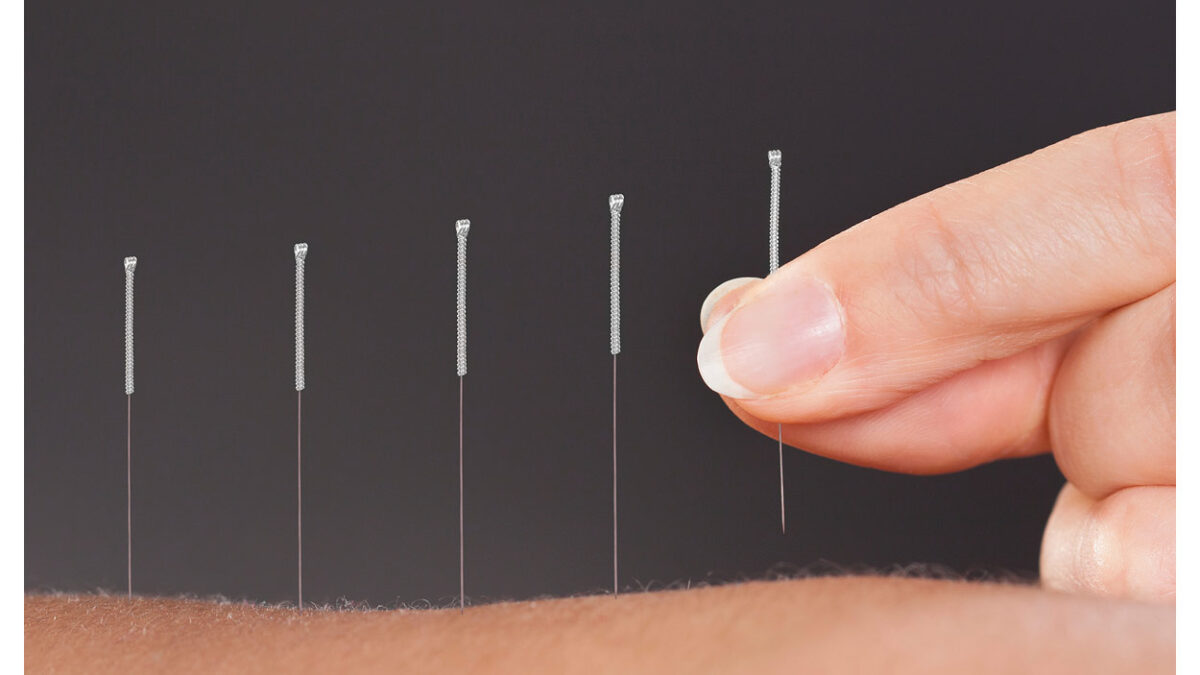
Adolescents keep worrying experiencing chronic pain, bring parents and school administrators wondering if they worry more than those who do not have. After all, experiencing chronic pain can create additional stress and anxiety to many. As well as, it leads some people toward depression, disability, and to unsocialize. New research helps to answer these question, so those around such adolescents will have a better understanding of what their child is experiencing.
Adolescents keep worrying experiencing chronic pain, was discussed in the February 2017 issue of Psychology, Health & Medicine, researchers conducted a study about adolescents and chronic pain (1). They conducted a diary study with a group of 16-18-year-old participants. Some of the students experienced chronic pain while others did not. Their goal was to compare how much adolescents with chronic pain worry, than those who do not have.
Additionally, they set out to learn about the consequences of adolescents worry, and comparing experiences of boys and girls.
Each participants in the study kept a diary for one week, they recorded worry experiences. Also, how often and strong the feelings were, and what emotions they felt. In addition, they tracked the consequences for each time they worried. Those consequences being placed into four categories. The categories included personal competence, health, relationship, and other. In total, there have 675 unique times that students recorded that they had worried over the 7-day period. The most common thing they worried about was their own personal competence.
The study results may bring comfort to many, because they found that worries were not highly interfering with the adolescents. However, researchers found that worry is common in older adolescents. Mostly worrying about personal competence, and those without chronic pain had similar worry characteristics. As a result, teens having chronic pain worrying more on a daily basis than those who are not.
Both teens with chronic pain and without may gain benefit from learning calming skills helping their ongoing worry. There are numerous ways to help combat emotional stress. These are breathing exercises, meditation, guided imagery exercises, keeping a diary, exercising, talking about their fears and learning to focus on the positives. While it’s nice to know that teens with chronic pain may not spend more time worrying. Again, it’s helpful to give all teens a way to cope with and work through the worry they had experience.
Sources:
1. Psychology, Health & Medicine. Everyday worry in adolescents with and without chronic pain: a diary study. https://www.ncbi.nlm.nih.gov/pubmed/28142246







